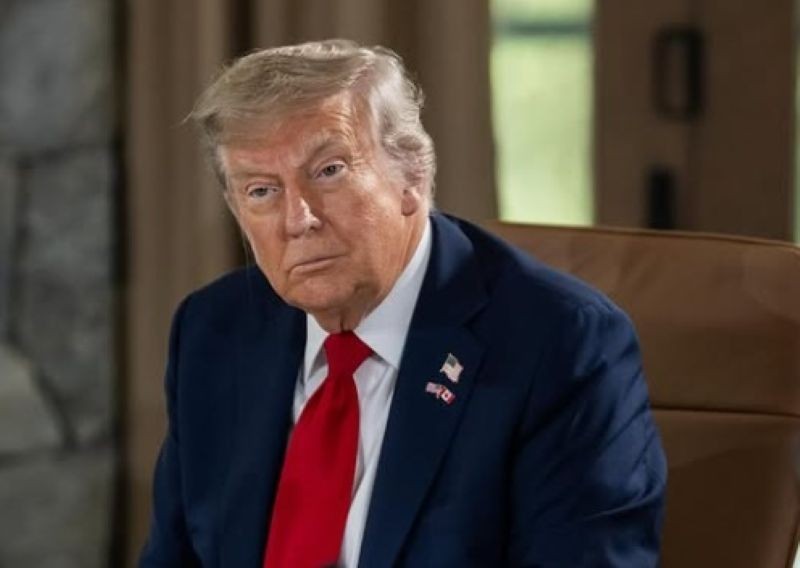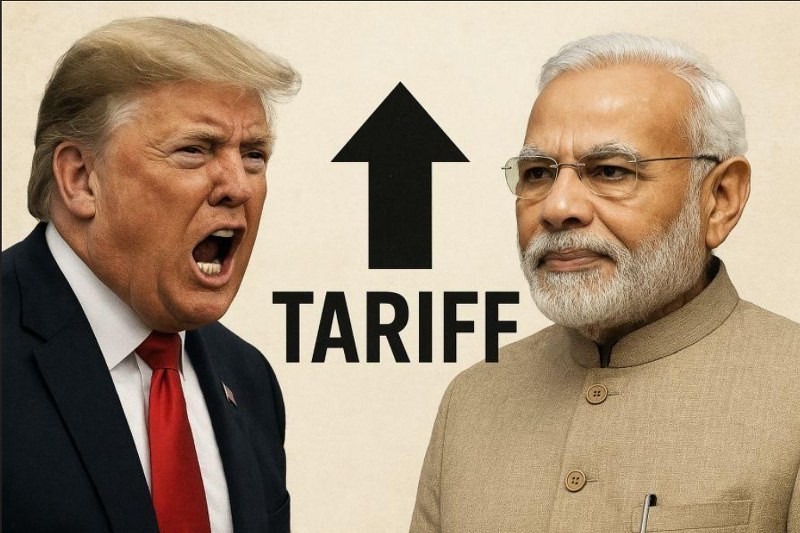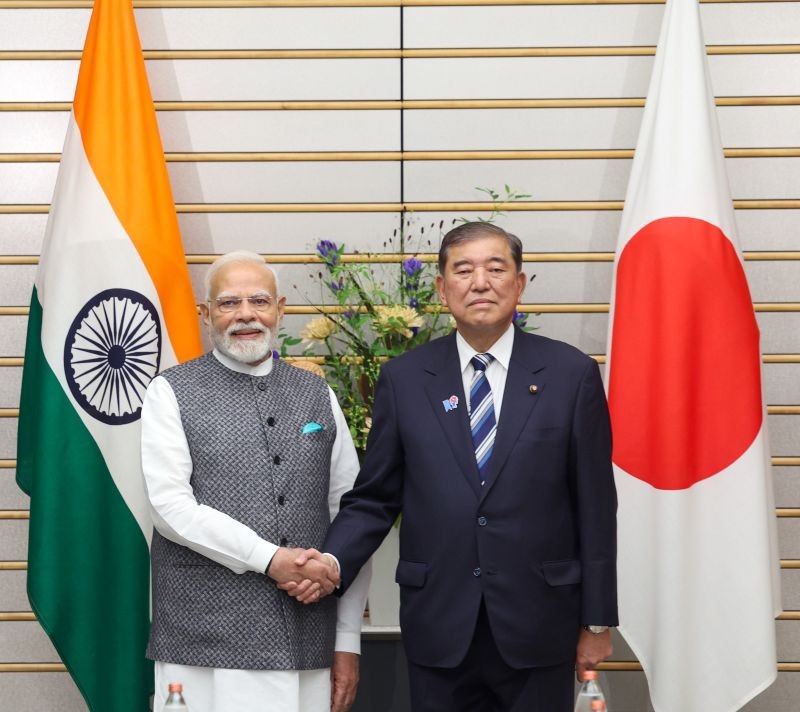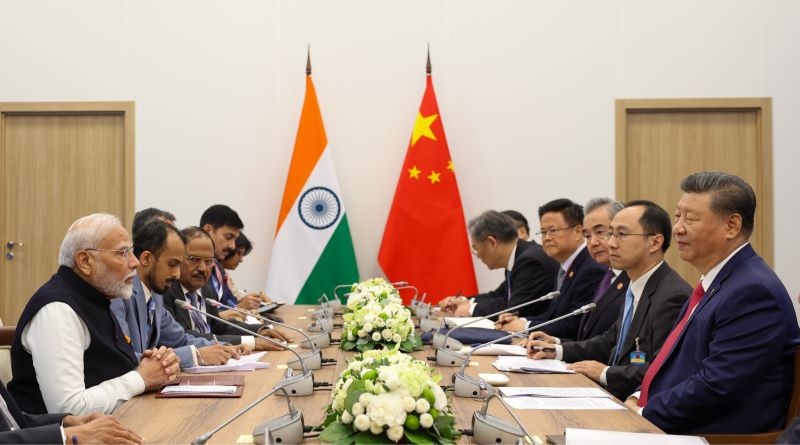Trump praises Modi and Munir for averting India-Pakistan war, then reclaims credit

Washington DC: In an unusual departure from his standard narrative, U.S. President Donald Trump refrained from claiming credit for defusing military tensions between India and Pakistan, instead applauding Indian Prime Minister Narendra Modi and Pakistan’s Army Chief, General Asim Munir, for choosing peace over conflict.
Speaking to the media in the Oval Office on Wednesday after a private lunch with Munir at the White House, Trump said, “I want to thank him (Pakistan’s Chief of Army Staff Asim Munir) for not going into the war, ending the war. And I want to thank, as you know, Prime Minister Modi... I’m so happy that two smart people, plus you know, people on their staff too, but two smart people, two very smart people decided not to keep going with that war. That could have been a nuclear war. Those are two nuclear powers, big ones, big, big nuclear powers, and they decided that.”
This marks the first time Trump publicly acknowledged that the de-escalation between the two South Asian nations was led by their own leadership — a shift from his repeated assertions of having personally mediated peace in the region since hostilities intensified in April.
Just last week, on June 13, Trump had boasted of having stopped the conflict using "phone calls and trade."
“I stopped a war between India and Pakistan, and I stopped it with trade. I don’t think I’ve ever seen a story written about it, but it was pretty, pretty cool. They were getting ready,” he had said.
Indian Foreign Secretary Vikram Misri, addressing reporters on the sidelines of the G7 Summit in Kananaskis, Canada, clarified that there was no U.S. mediation involved in halting the conflict.
According to Misri, during a 35-minute phone call with Trump, Prime Minister Modi made it clear that the ceasefire was negotiated directly between India and Pakistan via military channels and had been initiated at Islamabad’s request.
“There was no discussion of a U.S.-India trade deal or mediation during Operation Sindoor,” Misri stated, reiterating India's longstanding rejection of third-party involvement in bilateral issues with Pakistan.
Tensions had surged following the April 22 terror attack in Pahalgam, which claimed 26 lives. In response, India launched Operation Sindoor, targeting terrorist infrastructure across the border in Pakistan and Pakistan-occupied Kashmir.
The operation led to several days of missile and drone strikes before hostilities ceased on May 10.
Government sources confirmed that the decision to stop the operations was made directly by the Director Generals of Military Operations (DGMOs) of both countries, without any external influence.
Despite acknowledging the leadership of Modi and Munir earlier in the day, Trump later reverted to his original stance.
“I stopped the war. I love Pakistan. Modi is a fantastic man. I spoke to him last night. We’re going to make a trade deal,” he said.
He continued to emphasise his role, describing Munir as “extremely influential” in halting the conflict and lamenting the media's silence on his efforts. “I stopped the war between two major nuclear nations. I don’t think I had one story written about it,” he said.
Modi declines White House stopover
Trump’s remarks came just a day after Prime Minister Modi declined his invitation to visit Washington after the G7 summit, citing a pre-scheduled engagement in Croatia as part of his ongoing three-nation tour. The two leaders reportedly agreed to meet again at a later date.




